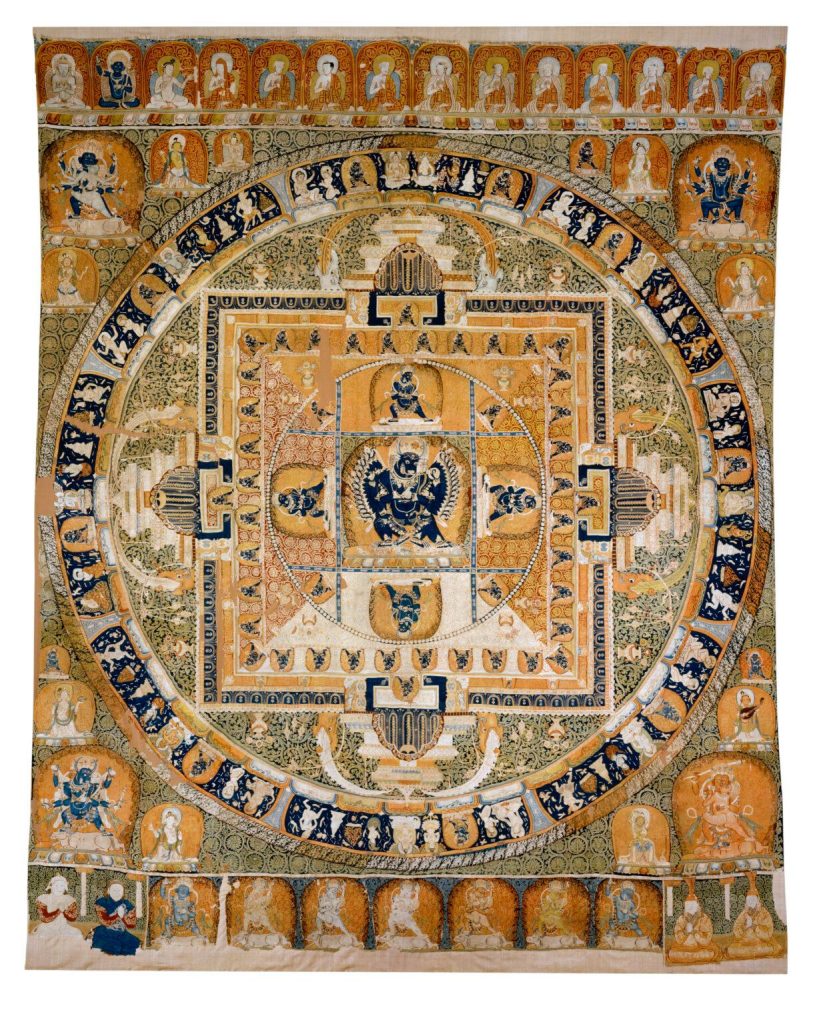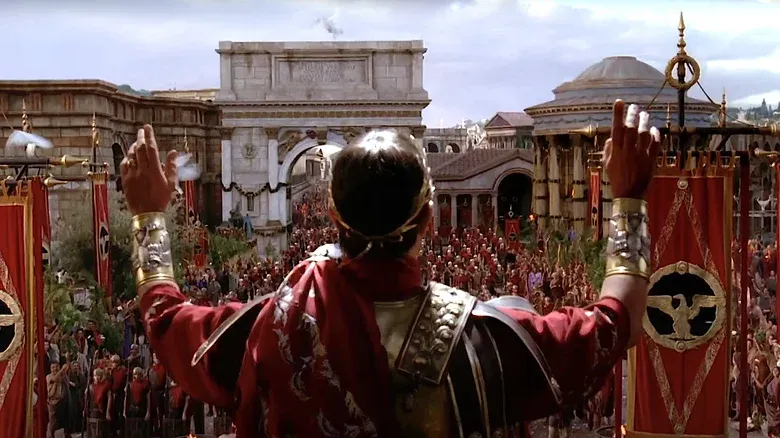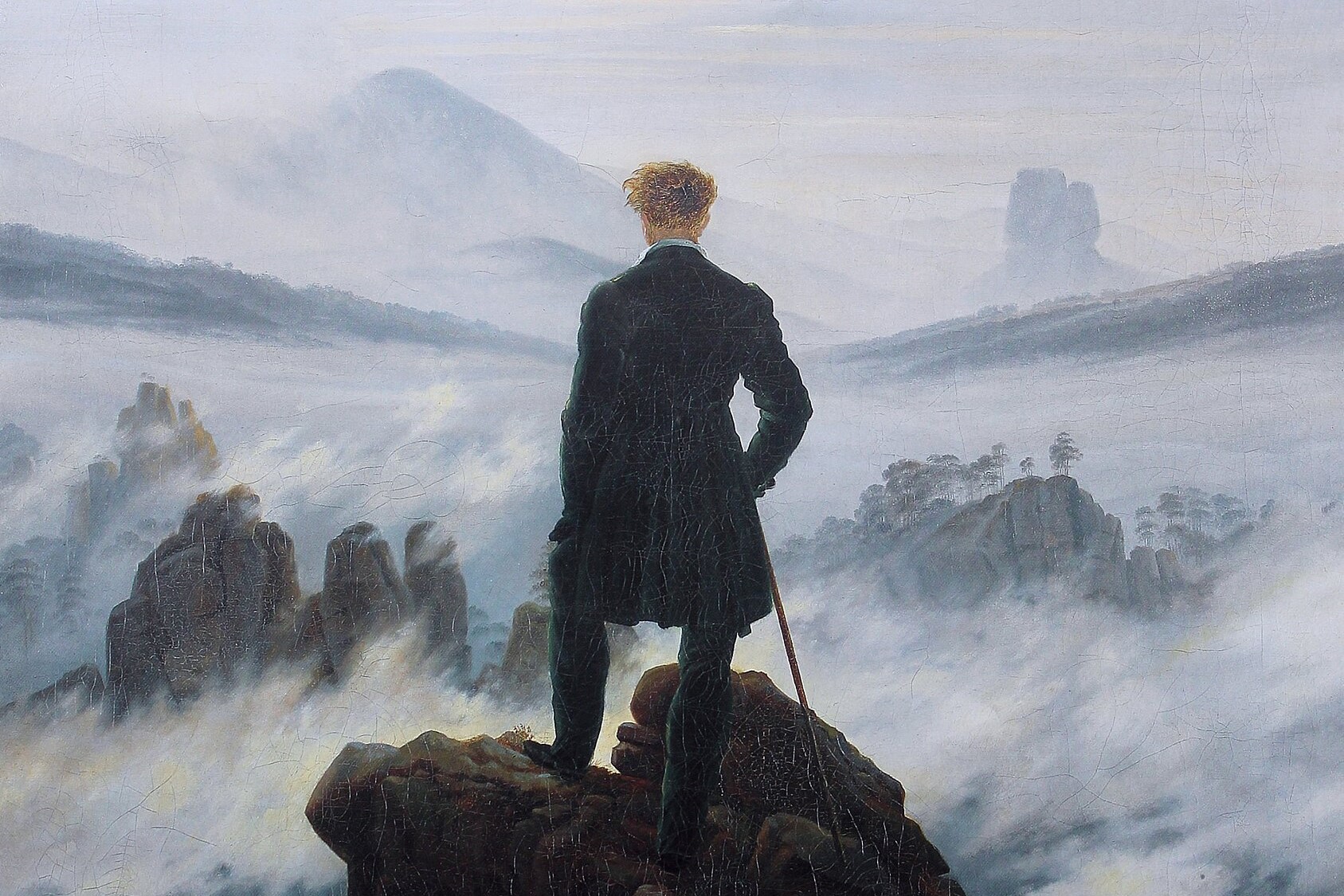
Beyond Political Nostalgia
by Pau Carbonell
MAIORA CREDI DE ABSENTIBUS
“Greater things are believed about those who are absent.”
Introduction
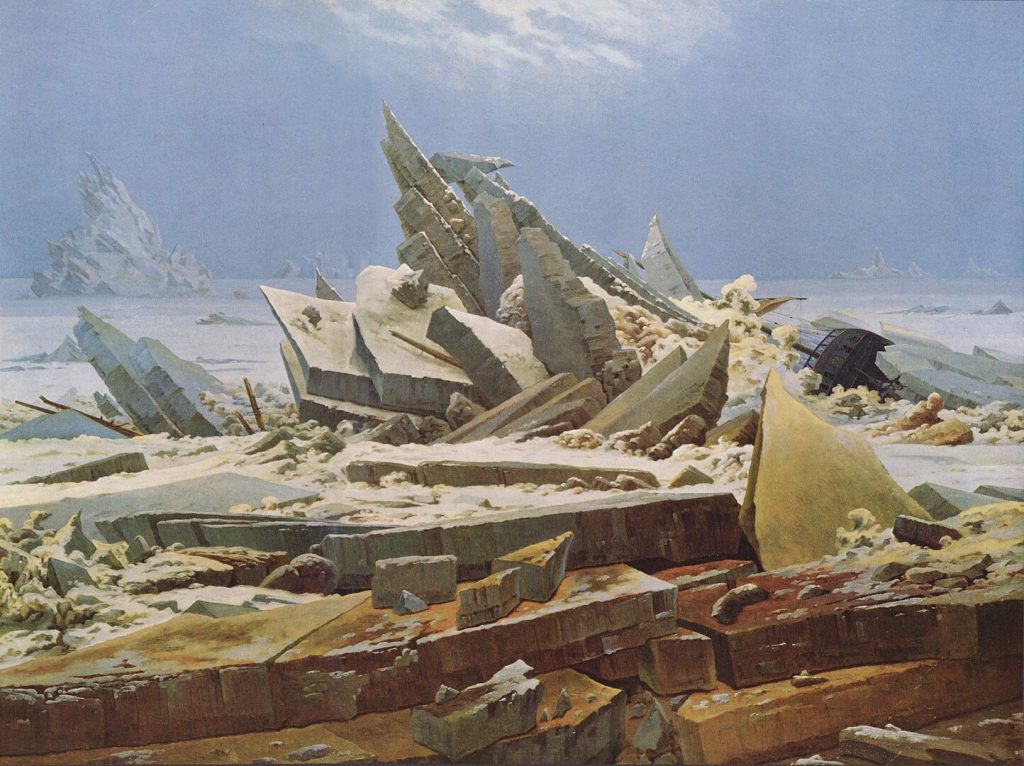
Is nostalgia for the past a familiar feeling? The conviction that the world functioned better before, that humanity had higher aspirations, that intelligence had not yet capitulated, etc…
“Young people have no respect anymore, and are not interested in anything.”
“The end of humanity is near, and that’s for the best.”
“The population’s IQ is declining.”
Who hasn’t heard, or even indulged in, such complaints?
Indeed, these times seem more hopeless than ever with the effects of climate change, social anxieties, and democracies that appear to dwindle every passing day. A perfect breeding ground for the contagious and old sentimental feeling that “things were better before” or at least that life was simpler. But also an ideal surrounding for those seeking to push the population towards a nihilistic train of thought that makes them believe that nothing matters.
At this point you might question if I am giving too much importance to those individuals asserting that life is meaningless. Or worse, that I am another of the many modern-day gurus offering quick-cash schemes to fill this spiritual void.
What I hope to achieve with this short essay is to show that, contrary to what one might think today, pessimism is nothing new. Nor is its use by authorities to generate apathy among citizens so they become unwilling to stand up for ideals like democracy, justice, or human rights. In other words, I will try to persuade you of the importance of hope and how it is the key to combating relativist speeches used to justify old forms of despotism. As Edmund Burke said: “The only thing necessary for the triumph of evil is for good men to do nothing”. This text is made to advocate for the contrary.
Nostalgia as a tool for social inaction
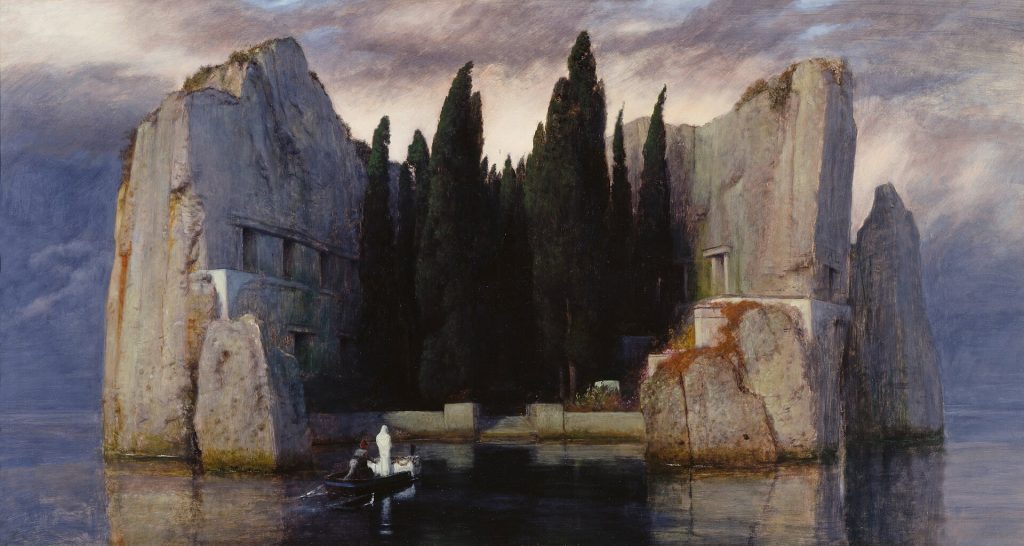
Nostalgia can function either as a means of critiquing the present or as a form of escapism.
Jeff Malpas highlights that the sense of loss and estrangement at the core of nostalgia has been common throughout history. Classical texts, including the works of Homer, Ovid, and Seneca, as well as later writings like Robert Burton’s, provide reflected profoundly on nostalgia. However, the term itself was not coined until the late seventeenth century. It is derived from two Greek words, ‘nostos’, here meaning ‘return to one’s homeland’, and ‘algos‘, signifying ‘suffering’ or ‘grief’. The word ‘nostalgia’ was introduced to describe the deep longing to return home. Nevertheless, over the course of history, the concept of home appears to have shifted. It transformed from being merely spatial to become more temporal in character. An illness not generated by missing a place, but rather an emotional longing for a disappeared time.
This sentiment was perfectly captivated by the many romantics of the past century, such as Wordsworth, or Schlegel, who longed for an idealized past – whether in nature, rural life, or classical antiquity – as a response to the alienation brought by rapid social and technological change:
“That time is past, and all its aching joys are now no more.”
~ William Wordsworth
“The modern spirit is an abstraction, divided into infinite parts, whereas the ancients lived in unity.”
~ Friedrich Schlegel
These lines portray a longing for a simpler, purer past, particularly in connection with nature and childhood. But what if I told you that in the time of the Roman Empire, the writer Juvenal had already expressed this same sentiment in his Satires:
“Even in Homer’s time, our race was declining. The earth now produces only wicked and feeble men.”
~ Juvenal
If humanity becomes trapped in a mythical vision of a past it never truly experienced, it risks falling into a state of perpetual stagnation, an indefinite standstill that prevents the adoption of necessary reforms for societal progress.
“Things were better before,” claimed the Romans when Augustus proclaimed the Empire. “Things were better before,” thought Metternich and his colleagues as they waltzed in Vienna while contemplating how to erase the legacy of the French Revolution. “Things were better before,” lamented the Romanovs after the popular revolution stripped them of power.
But the real question should be: “For whom? For whom was it better?”
For kings, nobles, and the bourgeoisie the past could be an object of longing, a time of dreams and privileges. However, for the most of us, the truth is undeniable: Modern life is an immense engine of well-being and opportunity. For the first time in human history, most people have escaped the Malthusian trap, and many now benefit from public services and assistance.
If nostalgia is not just a form of escapism, but a means to critically examine the consequences of progress, then we should evaluate modern life by recognizing both the immense advancements achieved as well as the challenges we face. We should embrace history, culture, and the uniqueness of past eras to gain a deeper emotional and spiritual connection to the world instead of falling for an idealized past that inhibits the desire to change the present.
“Leave the past to defend itself, and the future to fulfill itself”.
~ Benjamin Constant
Hope as a tool to prevent despotic social control
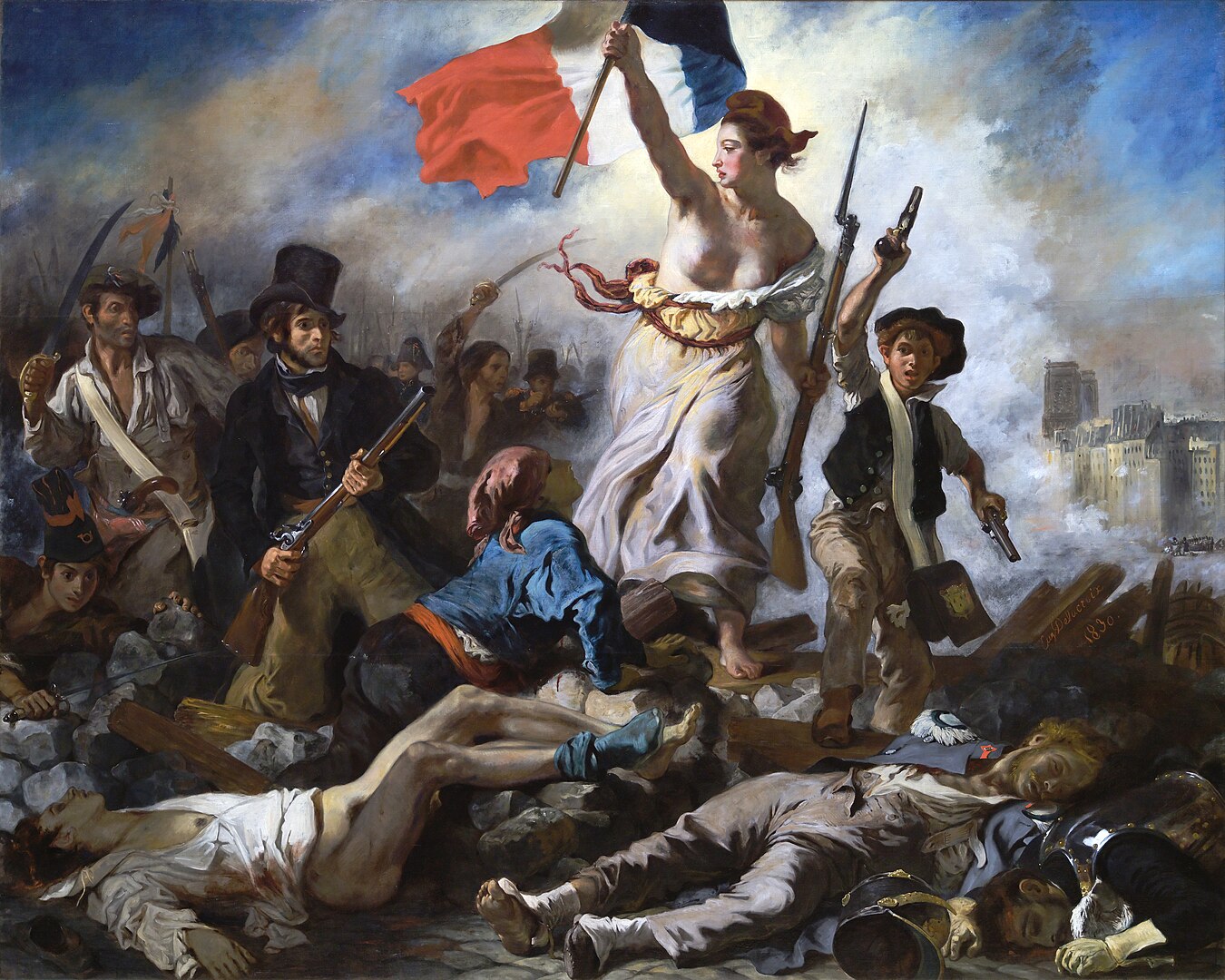
In The Origins of Totalitarianism, Hannah Arendt explores how isolation, disengagement, and a sense of powerlessness make people susceptible to authoritarian control. Like Benjamin Constant, she defends that withdrawing from political and social life makes individuals easier to manipulate and govern. In essence, apathy is both a symptom and a tool of oppressive rule. People stop believing in their ability to influence the world, leading to a passive acceptance of authoritarian rule. Consequently, totalitarian regimes deliberately create environments of uncertainty and fear, breaking down solidarity and discouraging collective action. Putin’s Kremlin, for example, uses a mix of propaganda and political repression to sustain its “managed democracy” in Russia. But how can we combat this?
Paulo Freire, in his La pédagogie des opprimés, offers us an answer. He argues that hope is essential for human liberation and transformative social change. In his work, he emphasizes that hope must be accompanied by critical action, what he calls ‘praxis’: a cycle of reflection and action aimed at dismantling systems of oppression. For Freire, oppressive systems sustain themselves by instilling fatalism in the oppressed, making them believe that change is impossible. For that reason, when hope is paired with critical consciousness (“conscientização“), it empowers people to recognize injustice and actively work to transform their reality.
Essentially, Freire envisions hope as a radical political force that fuels movements for justice. Without hope, people become resigned to their oppression; with it, they challenge it. Personally, I completely agree with the Brazilian scholar. Fear has always been an excellent tool for social control. It subjugates people, facilitates extortion, and creates a climate of anxiety where individuals do not dare to freely express their opinions. This phenomenon affects us more directly than we think. Hate speech and digital lynchings – which clearly incite resentment – prevent opinions from being freely expressed and create uncertainty around the idea of thinking independently. And yet, it is thought, when exercised with empathy, that opens the doors to absolute difference, diversity, and the exchange of opinions which are essential in any democracy.
Conclusion
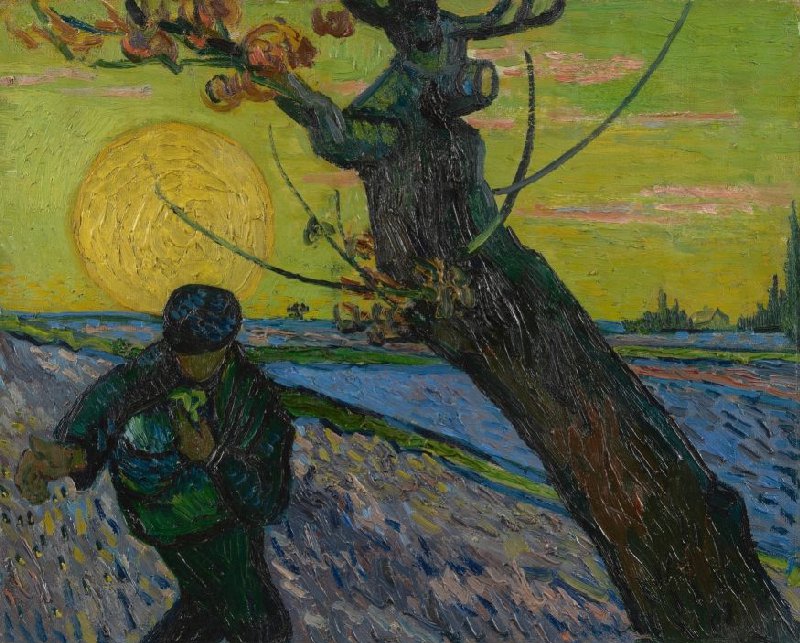
Nostalgia may offer comfort, but it must not become a prison that traps us in illusions of a past that never truly existed. If we let ourselves believe that “things were better before,” we risk surrendering to despair, allowing others to dictate the future. History has shown that apathy is a tool of control—when people stop believing in change, oppression thrives. But the antidote to apathy is within our reach: hope, paired with action.
Hope is not a passive feeling; it is a radical political force, as Freire envisions it. To hope is to resist, to believe in progress, to fight for justice, and to confront the forces that seek to divide and silence us. It is not about longing for a past that can never return, but about taking responsibility for crafting a better future. Let us draw from history, not as an excuse to retreat, but as a guide to move forward with resolve. Every transformative shift in history has been propelled by those who refused to succumb to cynicism and fear.
We must be those people, because the past will never return, but the future is waiting for us.
Latest Articles
- The Neglected Value of BreastfeedingOn the benefits of breastfeeding
- Architecture Without a FutureOn architectural historicism
- The Absurdity of the EverydayOn seeking and creating meaning
- Bridging Science and SocietyOn interdisciplinary collaboration
- Renewable Baseload PowerOn the future of energy
- AI and the Battle for CommunicationOn control of communication
- Operating in a Bitcoin WorldOn the new monetary order
- Beyond Political NostalgiaOn hope as a political force
- The New Age of CaesarsOn the end of liberal democracy
- Social Media: Five Stages of GriefOn reclaiming our attention
About the author
Pau Carbonell is a student at Sciences Po Paris, PSIA, where he studies international relations, geopolitics, and global affairs. Born in Barcelona, he has lived in several countries, including the United States, where early experiences of cultural integration shaped his interest in the shared structures of human society. His work engages history, philosophy, and politics to examine how communities understand their past and navigate the present.
Updates
Sign up to the CATALYST Updates Substack to receive the monthly schedule for new articles, news on the physical print-run of CATALYST’s inaugural issue, and details on the upcoming CATALYST Conference.

